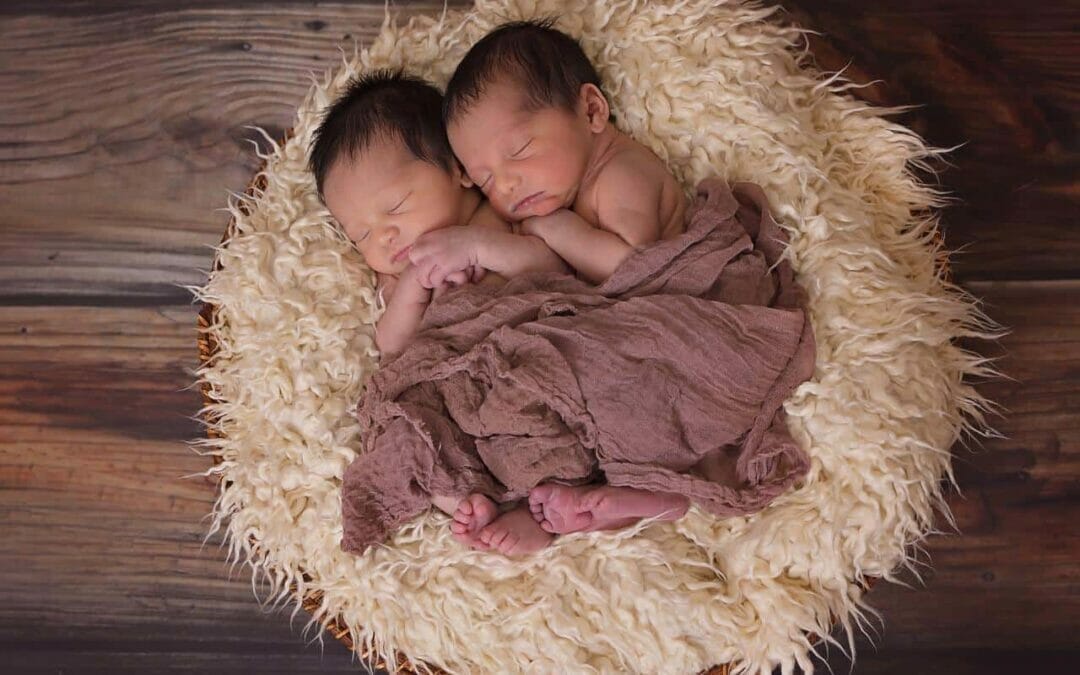For those who are facing the possibility of needing fertility treatment to become pregnant it can be tempting to try to get your entire family conceived in one shot. After all, with the costs and hassle involved some couples don’t want to, or can’t afford to try IVF more than once. However, the risks associated with multiple pregnancies may make you want to reconsider.
When taking a fertility treatment, getting pregnant with multiples can mean a higher dose of fertility drugs, or it can mean having more than one fertilized egg implanted in the uterus. Either of these options will require the full support of your fertility doctor, which is why you need to understand the implications before you begin.
Risks for Mom
Carrying more than one baby is tough on mom, and can increase the risk of complications. Conditions like pre-eclampsia and gestational diabetes are much more common in multiple pregnancies. Additionally there is a higher risk of preterm labor and miscarriage when there is more than one baby involved.
Having twins or multiples is stressful to the mother, who may have to deal with having her babies hospitalized if they are born early, which is the case with most multiple pregnancies. Once the babies are home mom will quickly realize that multiples are a whole lot of work and they can quickly burn out.
Risks for Baby
Multiple pregnancies can put your baby at risk of miscarriage and stillbirth, as well as premature birth. Over 50% of twins and 90% of triplets are premature, which puts the baby at risk of learning disabilities and development delays. There is also the risk of lung problems or stomach and intestine issues.
While not every multiple pregnancy will result in preterm birth, there is certainly a higher risk than with a single pregnancy alone.
Your Decision
There is no way of completely cutting out your risk of having a multiple pregnancy, but that does not mean that you should try to get pregnant with multiples, unless you are completely comfortable with the risks involved.

